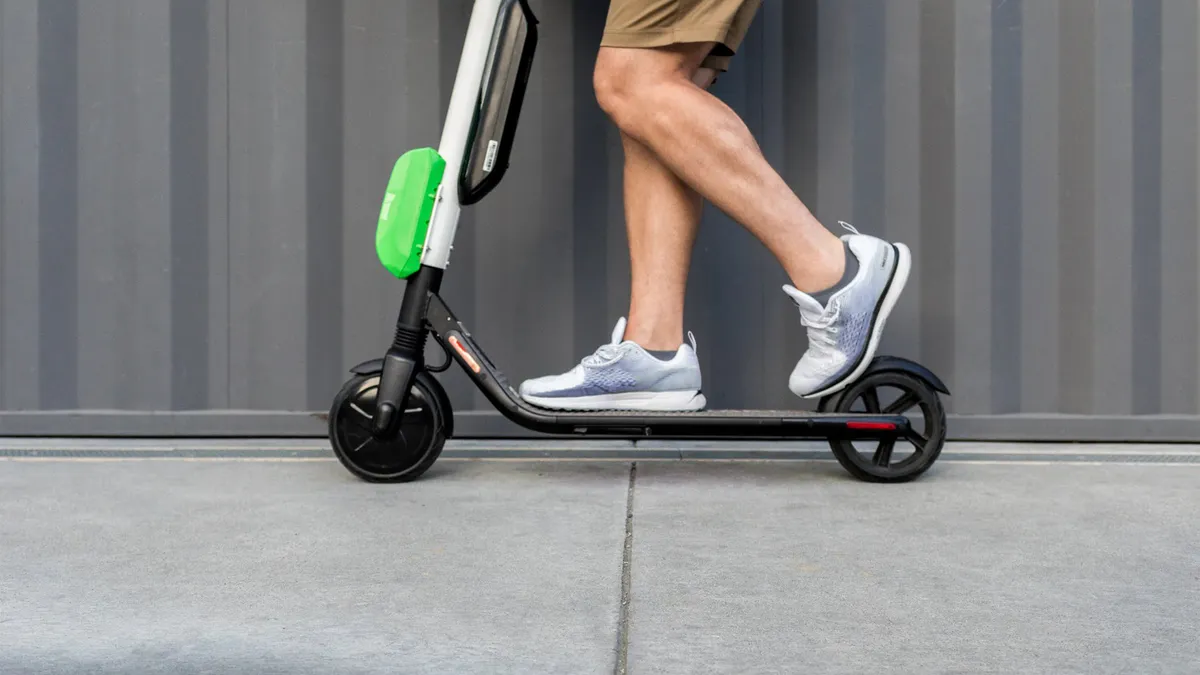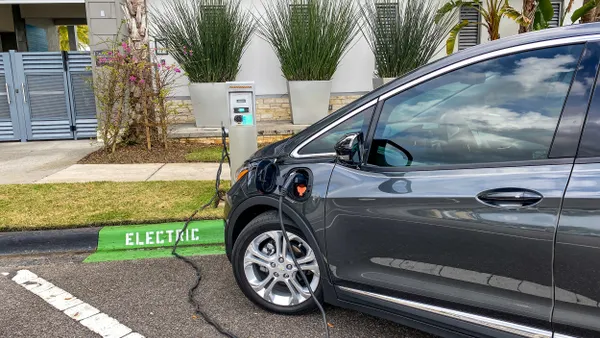Dive Brief:
- An investigation by Consumer Reports (CR) found hospitals around the country have treated at least 1,545 patients for scooter-related injuries in the past year, corresponding to the growing spread of dockless networks. That includes four fatalities suffered by scooter riders.
- The analysis reflects responses from medical facilities and other city departments in markets where at least one of the biggest companies — either Bird or Lime — operate. Of 60 facilities and entities approached, only 23 reported treating injuries; the others either said they had no incidents on file or did not track them.
- CR also obtained records from the city of Portland, OR, which showed as of July 2018, Bird and Lime had counted 470 injuries between them across the U.S.
Dive Insight:
The sudden proliferation of scooters in the past year has brought new scrutiny into the safety ramifications. A study from the University of California Los Angeles published in January found two area hospitals had treated a total of 249 patients with injuries related to scooters, with more than 90% of them sustained while riding. The Centers for Disease Control and Prevention is conducting an epidemiological study on scooter injuries in partnership with Austin Public Health and the Austin Transportation Department. But currently, as CR notes, there is no national study of scooter injuries, and Bird and Lime did not share their own injury information with the magazine.
Even without firm data, some regulators and critics have charged that scooter companies need to do more to ensure rider safety, especially since a vast majority of users are not wearing helmets. The UCLA study found that fewer than 5% of patients had been wearing helmets; CR quotes a University of Utah Health doctor who observed 50 scooter injuries over five months, with none of the riders wearing a helmet.
Both Bird and Lime say they encourage safety. Lime says it has distributed 75,000 free helmets around the world, has its users watch an in-app safety tutorial and has issued several messages about helmet use. Bird also puts safety messages on its vehicles and has given out 65,000 free helmets.
But still, the scooters have been deployed with few safety constraints. Many cities are still working out whether they should be restricted to sidewalks or bike lanes, and helmet requirements are largely not in place. More studies that shed light on the rate of injuries from scooters could change that dynamic, especially as cities work on new regulations to normalize the micro-mobility options.











